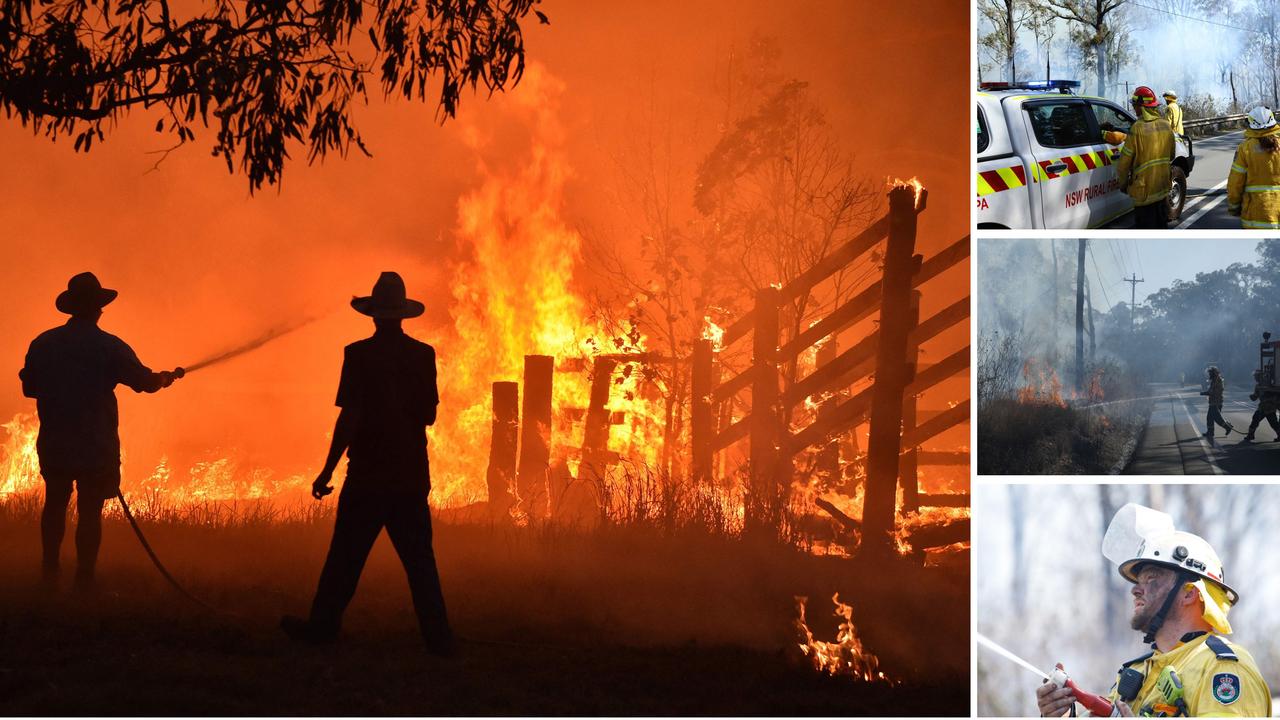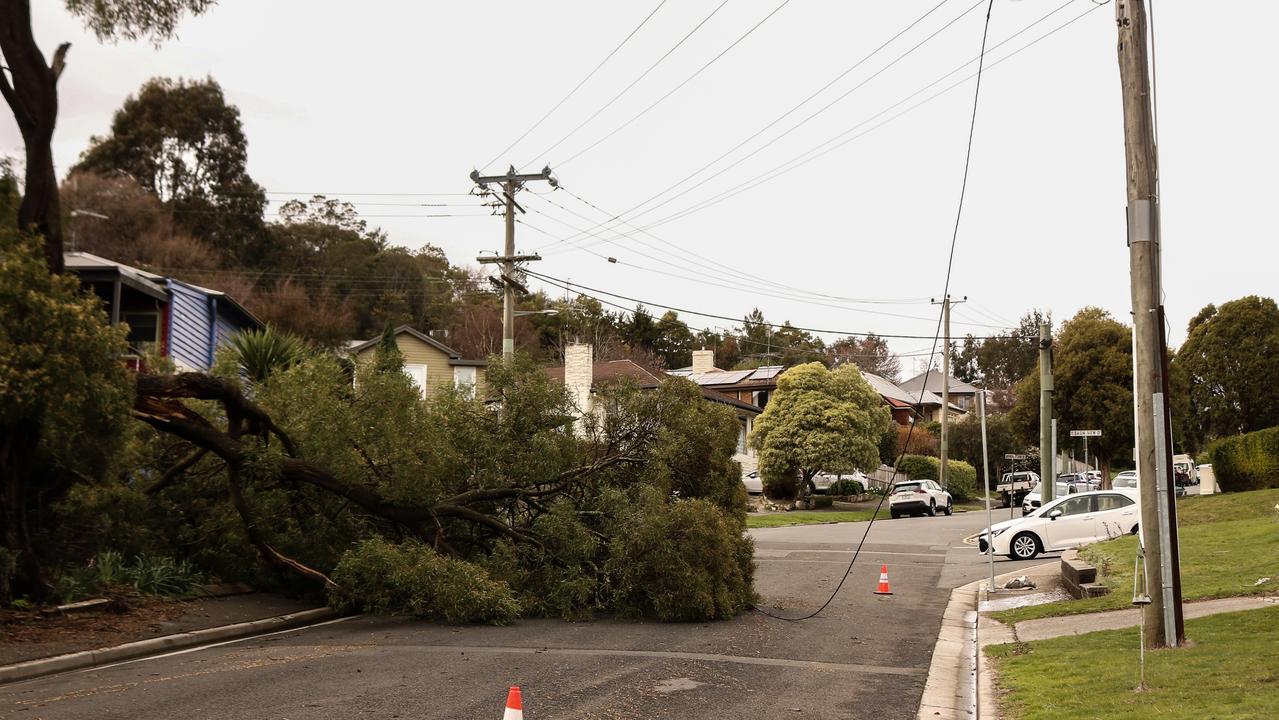The best way to improve your health? Save the planet first, says young Hobart doctor
A Hobart junior doctor is heading to the UK to study public and planetary health after winning a prestigious scholarship. She says climate change will affect everyone – including Tasmanians.
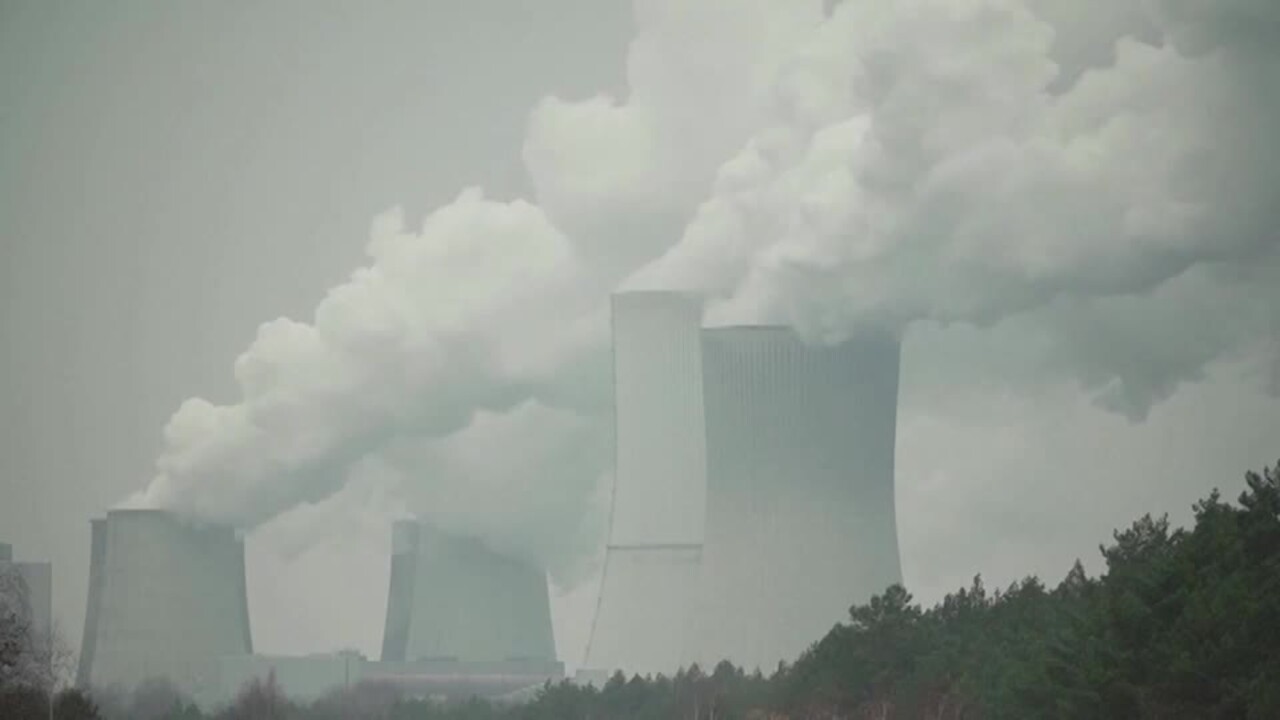
While Dr Daniella Nolan was working long night shifts at Royal Hobart Hospital, she sometimes dreamt of tackling the ailments of her patients at a more structural level.
“A lot of the time when I was learning about different conditions and pathologies, I always wanted to look at the bigger picture of why people developed these illnesses and what we can do as a society to try and prevent people from getting sick.” she said.
Now, the 28-year-old junior doctor has been named the 2025 Rio Tinto John Monash Scholar, and will soon be on her way to London to study public and planetary health.
Planetary health is a relatively new discipline, and involves studying the effects the natural and built environment have on human health – for example the documented rise of mental health crises and suicide attempts during extreme temperatures, or higher presentations of asthma on days of high pollen content or bushfires.
Current studies of planetary health are strongly influenced by climate change and the effects this is already having on human health worldwide.
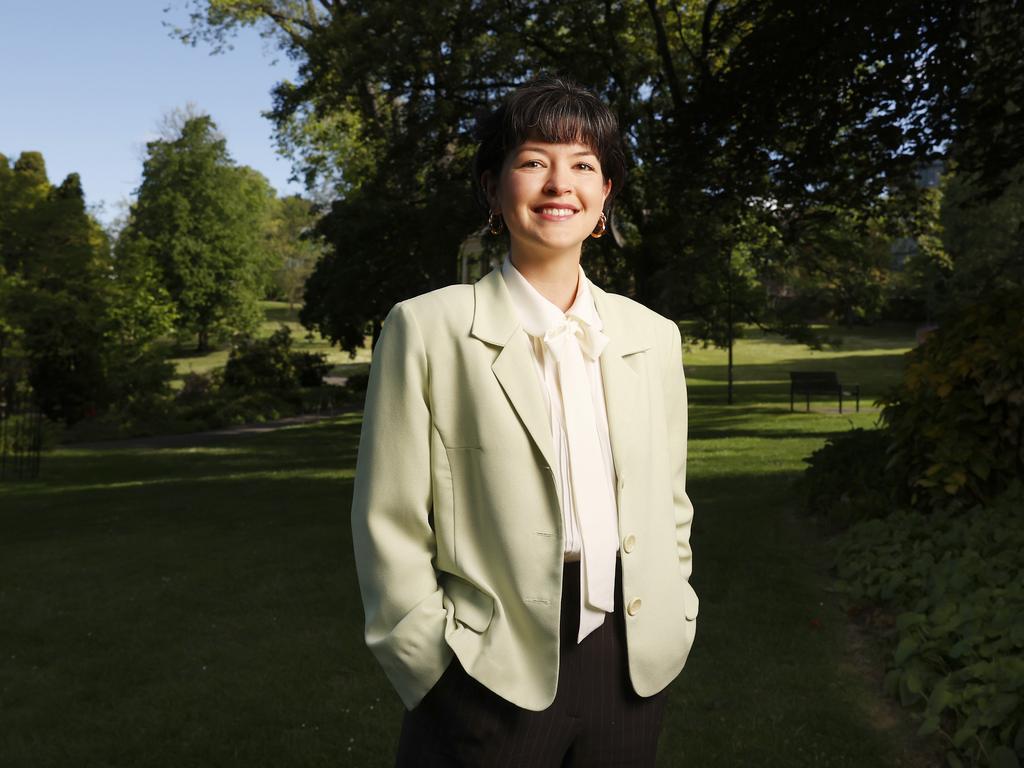
According to the World Health Organisation it is predicted that between 2030 and 2050, climate change is expected to cause at least 250,000 additional deaths per year, from malnutrition, malaria, diarrhoea and heat stress alone.
3.6 billion people already live in areas highly susceptible to climate change – which includes Australia, where we are regarded by climate scientists to be on the frontline of the crisis.
Rural, Indigenous and agricultural communities are particularly at risk, Dr Nolan says, as many people in those areas work outdoors for a living.
“Increased prolonged periods of heat exposure are really going to be problematic for our most vulnerable populations and those with chronic diseases, and even in developing foetuses and pregnant people. It will kind of affect everybody,” Dr Nolan says.
“I don’t want to look at that as just a doctor who’s seeing people affected by heat as they enter the emergency department. I want to think about how we can redesign our cities and redesign our society and create systems that protect people before they end up in the emergency department.”
This week the Bureau of Meteorology and CSIRO released Australia’s latest State of the Climate report, which found hotter days, more intense rainfall and warmer, more acidic oceans are increasing and becoming the norm.
Scientists say Australia’s climate is becoming “more dangerous” as the effects of climate change increase, and has already warmed by 1.51 degrees.
Located so far south, many Tasmanians can feel protected from the worst effects of climate change, local scientists say.
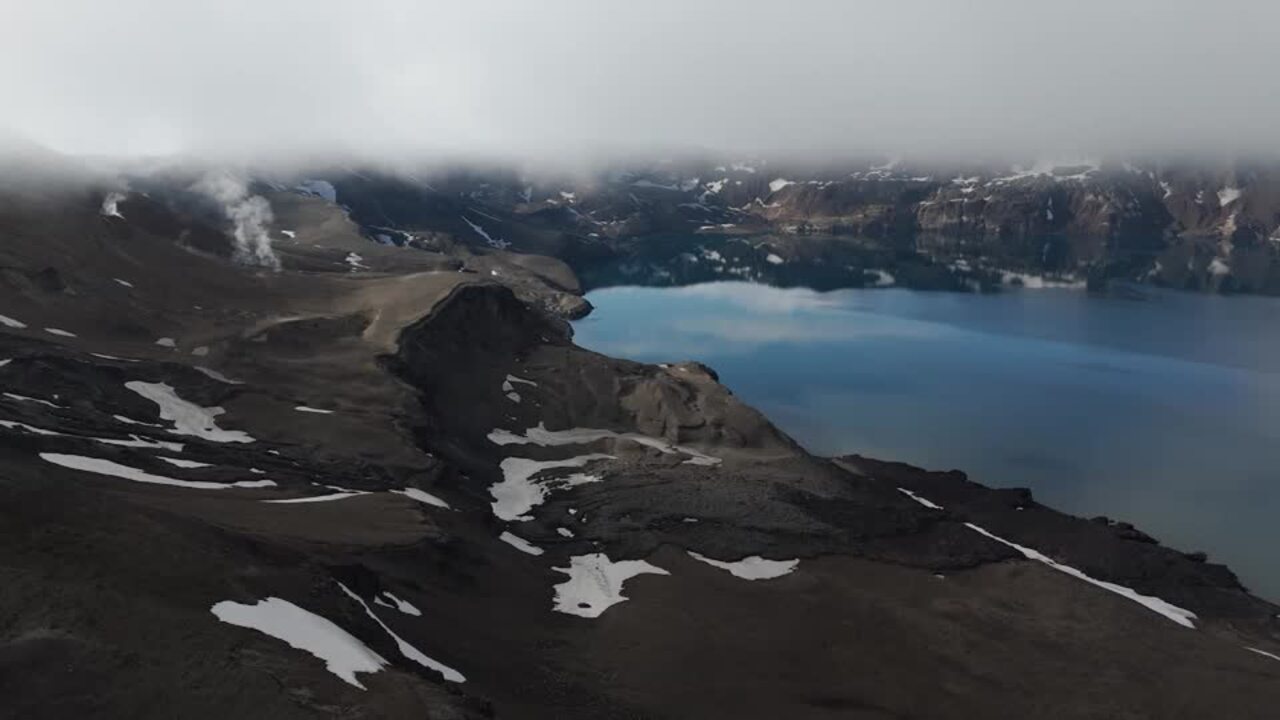
But Dr Nolan said the effects will be felt here too, particularly in the marine environment which many people rely on for a living.
“Warming will still be an issue for Tasmanians, because it’ll change what the local ecosystems and our natural environments are used to, and ocean temperatures,” Dr Nolan said.
Mental health, food security, job security and preserving biodiversity would also be areas where Tasmanians would feel an impact.
For Dr Nolan, the next two years will allow a concentrated period to study and learn. She is unsure if she will return to frontline medicine, but says closely interacting with patients is what has led to her interest in working on a better, healthier habitat for us all.
More Coverage
“I think recognising that we’re connected to a big global system and what happens in the rest of Australia and the rest of the planet can also affect this little island is really important,” Dr Nolan said.
“We won’t be shielded or isolated from the effects [of climate change] at all.”
eleanor.dejong@news.com.au
Originally published as The best way to improve your health? Save the planet first, says young Hobart doctor



